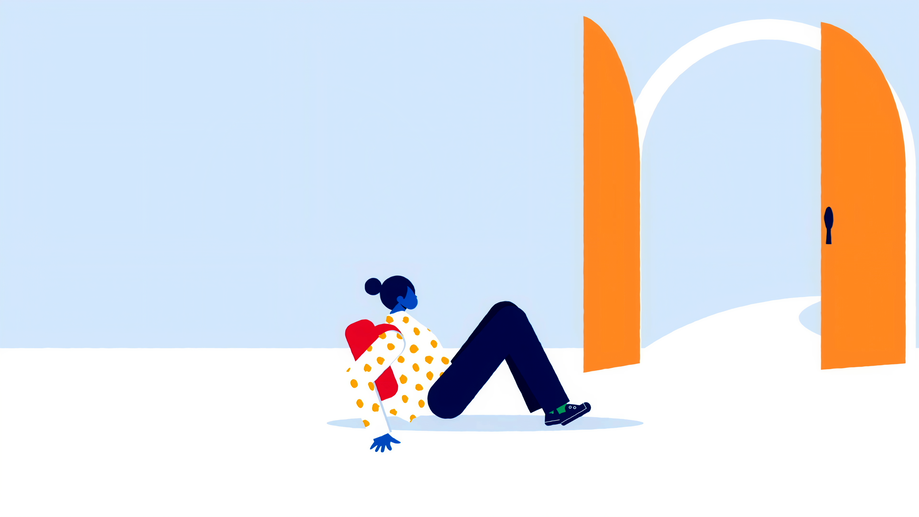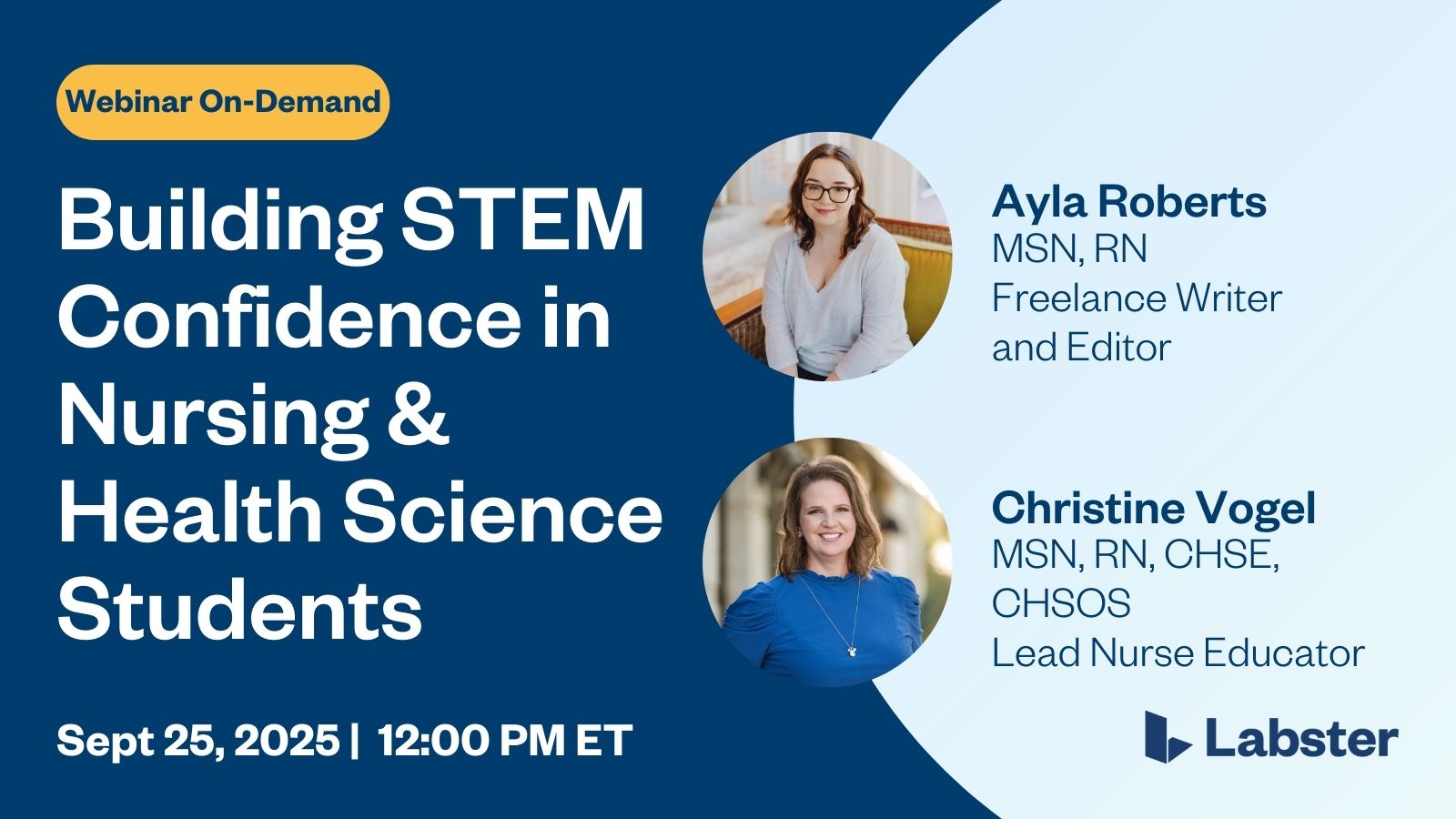
Author
Table of Contents
Name of the heading
Student debt doesn’t just weigh heavily on graduates; it has an impact all throughout enrollment, decreasing GPAs and increasing stress. Research reveals that reliance on student loans can lead to a notable decrease in GPA — approximately 0.19 points — and that the accumulation of debt is a significant barrier to completing a degree.
Although it’s not a catch-all solution, open educational resources are growing in popularity in higher education so that students can decide whether or not to pursue a career without being excluded based on their personal and family finances.
What are Open Educational Resources?
Open Educational Resources (OERs) are freely accessible, openly licensed materials used for teaching, learning, research, and other educational purposes. They can include textbooks, course materials, tests, software, and any other tools or materials that support access to knowledge.
According to the Chronicle of Higher Education:
- 7 in 10 students didn’t purchase a textbook because it was too expensive.
- One in five college students has skipped or deferred a class due to the price of the required learning resources.
- 60% of students delayed purchasing textbooks until they received their financial aid.
These stats are unacceptable. OERs have many benefits, but most importantly, they reduce the cost of textbooks and other resources, help alleviate financial barriers for students, and make education more accessible and equitable so that students don’t have to skip out on learning resources.
OER Example
Mount Wachusett Community College students in 11 classes saved $52,353.82 in textbook costs during a fall semester as part of an ongoing pilot effort to expand Open Educational Resources (OER) throughout the school.
Associate Vice President of Academic Affairs Michelle Paranto shared: “One of the biggest benefits of OER is that students have their material before the first day of class. It is one of the biggest indicators of student success,” she said, explaining that sometimes there is a lag between classes starting and financial aid disbursement. “They’re ready to go on the first day of class without dipping into their credit cards.”
What is Labster doing to contribute to equitable learning?
Labster, an immersive virtual lab platform, has partnered with OpenStax, which is dedicated to “supporting college students, instructors, and administrators by making college more accessible for everyone.” They offer free textbooks and learning resources.
As part of our commitment to equitable learning outcomes, Labster virtual labs are now part of the OpenStax curriculum and are freely accessible to instructors and students.
Julian Allen - Labster’s VP of Academic Affairs, shares, "The very idea of science can be considered unapproachable by so many learners. They've been taught to believe it's hard, maybe even that it's not for them. But we encounter elements of science every day in our lives, and the need for folks to be scientifically literate is more important than ever.
One way to help counter the lack of engagement in science is to lower the barriers to entry. And one common barrier is the high cost of common science texts. Open educational resources, especially when paired with highly interactive and engaging simulations, are a low-cost approach that makes science more approachable, more accessible, and can deliver on the promise of equitable learning outcomes."
Final Thoughts
The escalating issue of student debt and the prohibitive cost of educational materials necessitates a shift towards more accessible and equitable learning environments. Open Educational Resources (OERs) offer a tangible solution to the financial barriers that hinder students' academic progress and success.
FAQs
Heading 1
Heading 2
Heading 3
Heading 4
Heading 5
Heading 6
Lorem ipsum dolor sit amet, consectetur adipiscing elit, sed do eiusmod tempor incididunt ut labore et dolore magna aliqua. Ut enim ad minim veniam, quis nostrud exercitation ullamco laboris nisi ut aliquip ex ea commodo consequat. Duis aute irure dolor in reprehenderit in voluptate velit esse cillum dolore eu fugiat nulla pariatur.
Block quote
Ordered list
- Item 1
- Item 2
- Item 3
Unordered list
- Item A
- Item B
- Item C
Bold text
Emphasis
Superscript
Subscript





